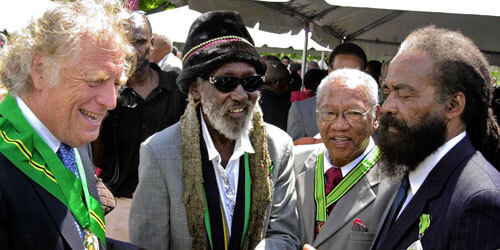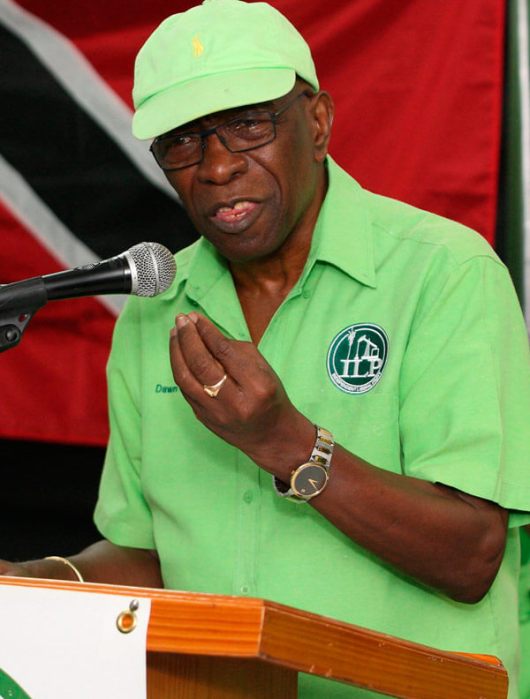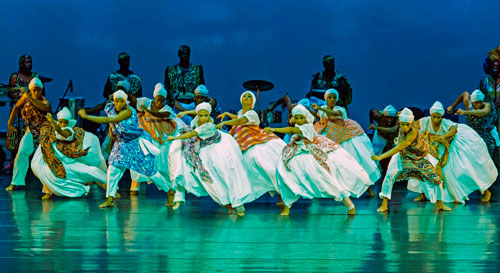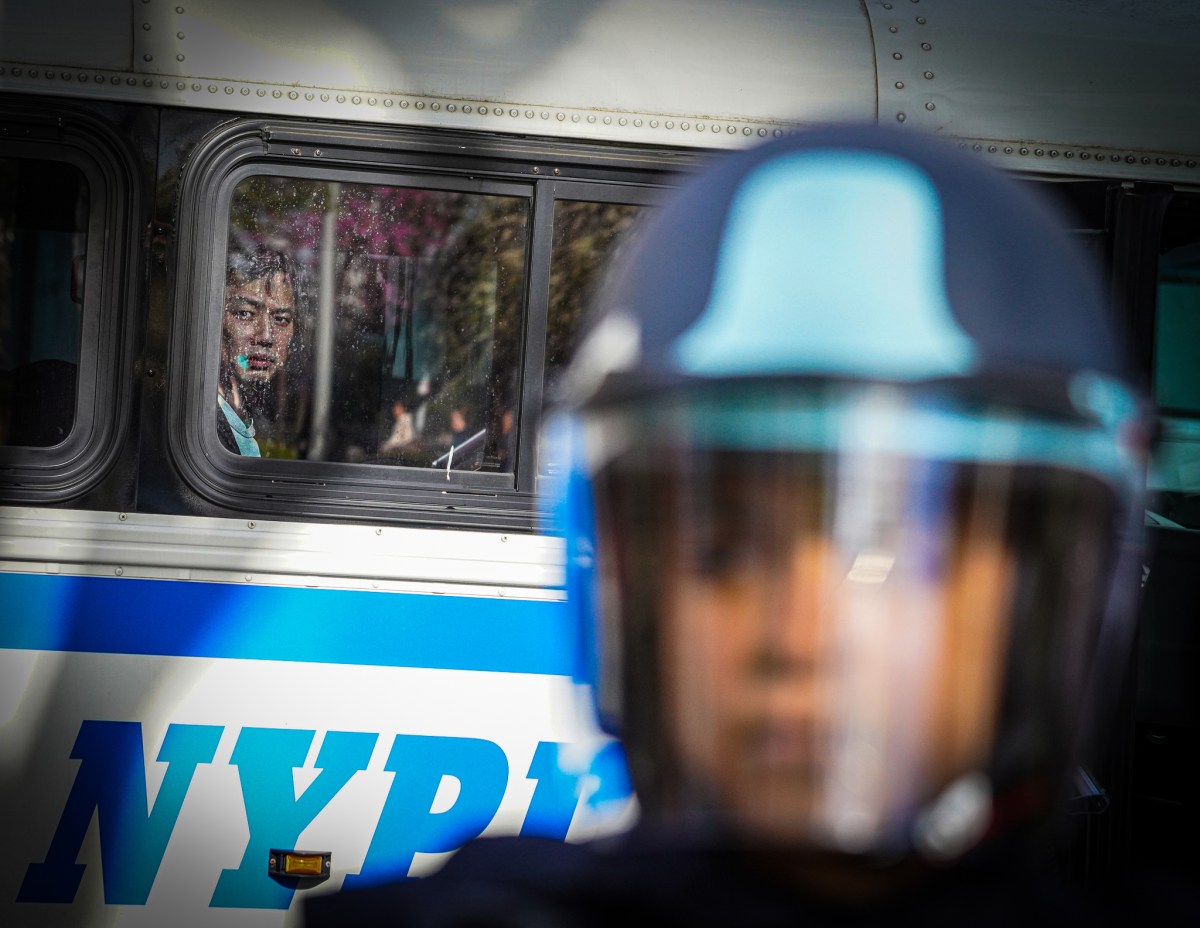Jamaican reggae singer John Holt was booked to perform in Florida next month. Although rumors of his death had been rampant on social media outlets, since he became ill at the “One Love” Festival on Aug. 16, the reality of an absent 1000-volt entertainer seemed unfathomable.
However, on Oct. 19, the 70th birthday anniversary of Peter Tosh and the eve of Jamaica’s National Heroes Day celebrations, the 69-year-old Holt died at the Wellington Hospital in London.
Holt was one of the entertainers booked for the 2014 “One Love” Festival in London, which was dedicated to the memory of South African icon Nelson Mandela.
Renowned for his distinctive sounding voice, he debuted as one of three singers introduced as “The Paragons.” Co-writers of hits beginning with “The Tide Is High” Holt, Howard Barrett and Tyrone Evans released the track in 1967.
Latter day converts probably associate the infectious track with Maxi Priest, Johnny Clarke, Sinitta, Take 5, Billie Piper, Swedish dancehall artist Papa Dee, British girl group “Atomic Kitten” and others who reprised versions of varying genres.
The song was also featured in the film “Lizzie McGuire” and in television commercials for Japanese beer company Asahi Breweries.
Gregory Isaacs first covered the song in 1978.
And Debbie Harry’s blockbuster version with the group “Blondie” took the song to pop heights selling millions and topping charts in the United Kingdom and here.
Holt left the “Paragons” in 1970 and concentrated on his solo career. By the early 1970s, he was one of the biggest stars of reggae.
His “Stick By Me” in 1972 quickly emerged a super-reggae hit and that year became the biggest selling Jamaican record. Holt was branded the electrifying singer to pack 1,000 volts. Dubbed from his album title “1000 Volts of Holt” in 1973, the compilation of Holt’s reggae cover of popular hits featured “Help Me Make It Through The Night,” written by Kris Kristofferson, Billy Joel’s “Just The Way You Are,” and Diana Ross’ “Touch Me in The Morning.”
The high voltage release spawned chart hits which prompted another blast of current releases titled “3000 Volts of Holt.”
His discography includes “On The Beach,” “Left With A Broken Heart,” “Happy Go Lucky Girl,” “Wear You To The Ball,” “Sweetie Come Brush me,” and “Police In Helicopter.”
Though it is not known what caused the Jamaican singer to collapse onstage, there were concerns when he returned to the stage soon after an operation in July.
On national Heroes Day, Jamaica’s Minister of Culture Lisa Hanna said Holt, was “one of the true heroes of Jamaican music.”
“John Holt was part of that special group who spent their lives developing and promoting our music and helping to establish Jamaica, across the world, as a cultural state. He rose from a trying young singer competing in talent competitions in the 1960’s to become one of Jamaica’s biggest reggae stars and will forever remain a fine example for aspiring entertainers everywhere.”
The minister encouraged the music fraternity to ‘stick by’ Holt’s family throughout this sad period of grief and bereavement.

























